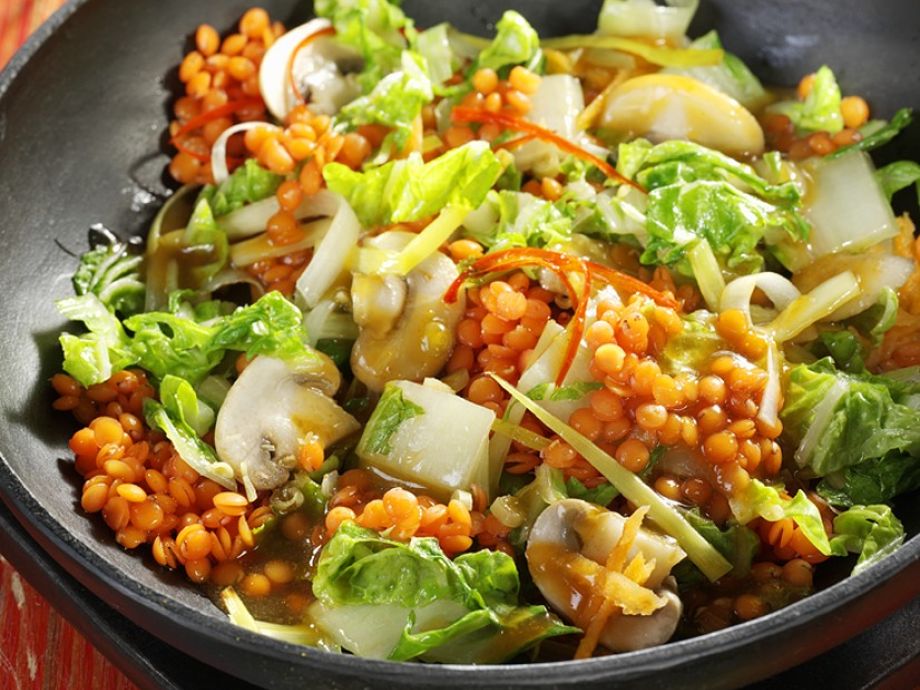Are South Africans Embracing Best Plant-Based Eating in 2024

Plant-based eating is no longer just a fad but a global movement!
And guess what?
South Africa is catching on.
As more people see the health and environmental benefits, South Africans are embracing plant-based diets.
Many people are replacing animal products with plant-based alternatives.
What’s the motivation behind this?
Indeed, it’s because of ethics, sustainability, or a desire for better health.
A recent study found that 39% of South Africans are cutting back on meat. Many are shifting to vegetarian or vegan diets.
But is this trend here to stay?
Let’s dive into why and how plant-based eating takes root in South Africa.
The rise of Plant-Based Eating in South Africa
South Africa is a “shisanyama” country. We celebrate Bafana Bafana, Proteas, and Springbok wins with a braai!
But, South Africans are increasingly choosing plant-based meals over meat. What’s driving this shift?

A Look at the Statistics
Recent studies show that about 39% of South Africans are reducing meat consumption. Many are moving to vegetarian or vegan diets.
While the vegan population remains small, the flexitarian movement is gaining traction. Every respectable restaurant in our cities has vegan or vegetarian dishes.
Critical Reasons Behind the Shift
There is an increasing trend of noncommunicable diseases across all cultural groups.
Is there an answer to the prevalence of these chronic diseases?
Health concerns are now a top priority. More people know that processed meat can cause cancer and heart disease.
Additionally, there’s a growing concern for animal welfare and environmental sustainability.
South Africa’s Unique Cultural Context
South African cuisine is meat-rich (think braais!). But, plant-based eating is gaining ground.
Plant-based eating influences are pushing the rise of this lifestyle.
Younger generations are more open to diversifying their diets. They now eat more plant-based foods, and fast food outlets are catching up.
Health Benefits of a Plant-Based Diet
A plant-based diet offers numerous health benefits, making it increasingly popular in South Africa.
Reduced Risk of Chronic Diseases
Research indicates that consuming plant-based diets can reduce the development of heart disease, high blood pressure, diabetes, and certain types of cancer.
Their high fibre and low cholesterol nature support better heart health.
Plant-Based Diets and Weight Management
Plant-based foods are low in calories and high in nutrients.
So, many people find it easier to maintain a healthy weight.
With obesity a public health concern in South Africa, a plant-based diet can help.
Improved Gut Health and Well-Being
Fibre-rich foods in plant-based diets improve digestion and gut health. They boost energy and mental clarity, too.
The Environmental Impact of Plant-Based Eating
For eco-minded South Africans, reducing meat is a crucial way to cut their environmental impact.
Lower Carbon Footprint
Animal farming significantly releases greenhouse gases into the atmosphere. Plant-based diets can cut carbon footprints by up to 50%, making them a powerful tool against climate change.
Water Conservation
South Africa has recently experienced severe droughts, and meat production is notoriously water-intensive. Plant-based diets use significantly less water, contributing to more sustainable resource management.
South Africa’s Drought Issues
With worries about water scarcity in Cape Town, Johannesburg, and Durban, eating plant-based could help.
Consuming less meat is an excellent way to reduce water usage nationwide.
The Role of Culture and Tradition
South Africa’s rich culture means food is more than sustenance. It’s about community, tradition, and celebration.
But even within these contexts, plant-based eating is making inroads.
Traditional South African Diets
Traditional diets, especially in rural areas, have always featured plant-based staples. These include grains, beans, and vegetables mixed with meat.
Plant-based eating has a history. But meat symbolizes wealth and prosperity.
Hey, if there’s no meat in your relish, tough! But this is an inculcated lie. It doesn’t mean you’re poor if you eat plant-based meals.
How Cultural Views on Food Are Evolving
Urban youth in South Africa increasingly embrace plant-based diets. This shift mirrors a global trend towards veganism and flexible diets, showing changing views on food and sustainability.
And flexitarianism is gaining traction.
Flexitarianism?
Simply put, it combines “flexible” and “vegetarian.” Flexitarianism blends plant-based eating with selective meat consumption. This diet favours veggie-rich meals and allows some animal products. It balances nutrition and sustainability.
Social media influencers are shaping food culture. They make plant-based eating trendy and accessible.
Global Influences Like “Veganuary”
Events like Veganuary, where people go vegan for January, are gaining popularity. South African participants are doubling each year.
Researchers report that 98% of people in South Africa would recommend it to a friend.
These global movements are normalizing plant-based diets in the country’s changing food scene.
Plant-Based Food Availability in South Africa
A significant change in recent years is the rise of plant-based foods in South Africa. They are now available in supermarkets and trendy restaurants.
Cruising toward O.R. Tambo Airport, a vibrant banner catches your eye. Kaylee’s Vegan Restaurant beckons, promising plant-based delights in Kempton Park. Tempting vegetarian fare awaits hungry travellers just a stone’s throw away.
Plant-Based Alternatives in Supermarkets and Restaurants
Major retailers like Woolworths and Pick n Pay have introduced dedicated plant-based sections. You can now find vegan burgers and almond milk, making it easy to adopt a plant-based diet.
Local Brands Leading the Plant-Based Revolution
Like Fry’s Family Foods, South African brands are pioneering local plant-based alternatives. International brands, like Beyond Meat, are entering the country, giving consumers more choices.
The Role of Social Media Influencers and Plant-Based Bloggers
Local influencers on Instagram and TikTok promote plant-based recipes, restaurants, and products.
This visibility is driving the movement. It is especially true for younger generations who seek guidance from influencers.
Challenges and Barriers to Embracing Plant-Based Eating
Plant-based eating is becoming popular. But, challenges could slow its adoption in South Africa.
Economic Factors
For many South Africans, cost is a concern.
Plant-based foods, like vegetables and grains, are cheap. However, processed vegan alternatives can be expensive, limiting access for low-income families.
Ask any villager about Tofu. They will think you’re talking about that Pit Bull Terrier from Quinton’s farm!
Availability in Rural vs. Urban Areas
Plant-based options are readily available in urban areas like Cape Town and Johannesburg.
Rural areas have fewer choices. This makes it hard for people outside major cities to access these foods.
I live in a rural KZN village and am 100% vegan. It’s tough to find delicious plant-based meals.
Overcoming Cultural Resistance and Misconceptions
Many South Africans see meat as central to their diet. This is especially true during cultural rituals and family gatherings.
Some believe plant-based diets are nutritionally inadequate. This could deter some from switching.
They call me in the village “grass-eater” because of the greens I eat.
The Future of Plant-Based Eating in South Africa
As we look to 2024 and beyond, the plant-based movement in South Africa is just starting.
Predictions for Plant-Based Food Trends in 2025
Global trends are driving innovation.
So, South Africa will likely see more plant-based products. These will include vegan cheeses and plant-based seafood.
Expect more restaurants to cater to vegan and vegetarian customers.
Potential for Policy Changes
Given the benefits of plant-based diets, governments may promote them to meet climate goals.
Public health campaigns encouraging a reduction in meat consumption could also emerge.
Governments, including South Africa, have succeeded in legislating for tobacco control. It can follow Denmark’s example in making its food system more plant-based.
The Role of Education and Awareness Campaigns
Ongoing education on the benefits of plant-based diets is crucial for their growth.
Grassroots campaigns, nutrition programs, and the media will likely raise awareness.
Conclusion
The plant-based movement in South Africa is growing. It’s driven by health-conscious consumers, environmental advocates, and cultural shifts.
As more South Africans adopt plant-based diets, the future looks bright for this trend.
Plant-based eating can reduce your carbon footprint and improve your health. It is a viable, sustainable option.
Ready to make the switch?
Start adding more plant-based meals to your diet today.
Small changes can have a significant impact!
